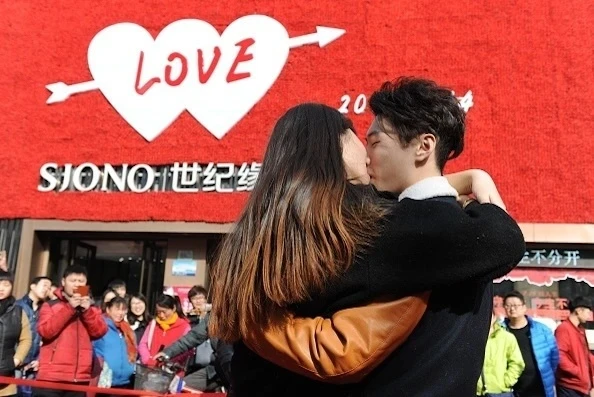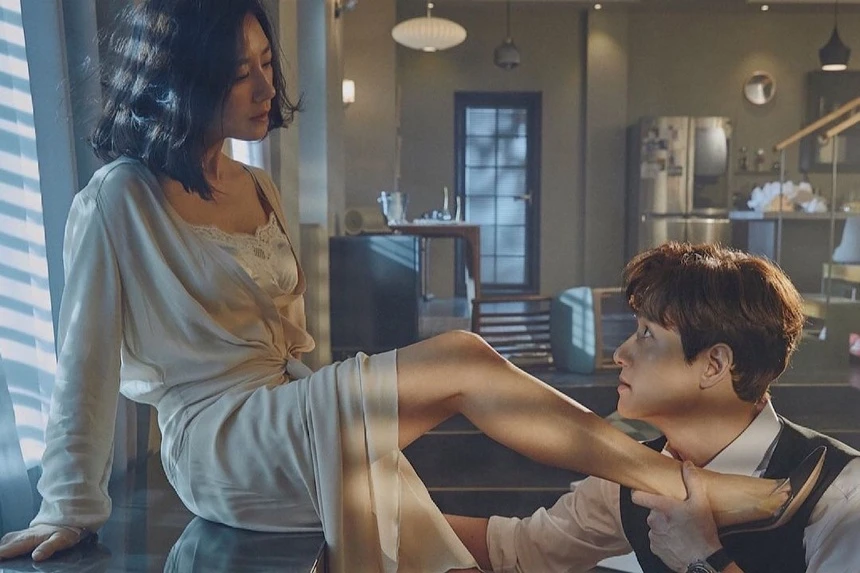In today’s rapidly evolving South Korean society, the approach to love and relationships is undergoing a dramatic transformation. Once rooted in deeply conservative traditions that emphasized chastity before marriage, the younger generation is now increasingly favoring a “sex first, love later” philosophy.
The shift reflects a broader desire to assess sexual compatibility, or “sokgunghap” a term coined from “gunghap” (traditional marital compatibility based on astrology) as an essential component of modern relationships. “Sokgunghap” represents the physical and emotional synchronicity between two people, and many now see it as a critical step before entering serious romantic commitments.
Changing Perspectives and Generational Divide
According to a survey by Statista, 57.6% of South Koreans support premarital sex, a significant rise from previous decades. Younger adults, in particular, see physical intimacy as a means to deepen emotional connection or assess long-term viability.

Singer Jamie candidly stated on a YouTube program that “sexual compatibility is the most important part of a relationship,” drawing visible discomfort from co-host Lee Seok-hoon —a moment that underlined the generational rift on such matters.
The Role of Sokgunghap in Modern Dating
For many, the emphasis on sokgunghap is not only practical but also empowering. Kim, a 32-year-old finance employee in Seoul, explained,“Being physically intimate helps build emotional connection. That’s how I start most of my relationships.”
Similarly, social media influencer and physician Dr. Hong Sung-woo emphasized the changing dynamics, “Sex is now nearly everything in modern love—it could represent 100% of the connection.”
Risks and the Rise of Casual Encounters
Yet, not all stories end in successful relationships. Some, like writer Lee, found incompatibility only after long periods of emotional investment. “After realizing we weren’t physically compatible, I changed my approach. I started engaging in one-night stands to avoid emotional entanglements.”

A 2018 survey by matchmaking agency Baroyeon revealed that 47.1% of South Korean singles had experienced a one-night stand, often meeting partners through bars or dating apps. Of those, 58.9% said they sought freedom and were not looking for a committed relationship.
As sexual openness grows, concerns have followed. The once-popular beach town Yangyang has come under scrutiny, earning an online reputation as a “one-night stand city.” The local tourism board reported a 6% decline in visitors last year, with viral posts warning, “Don’t go to Yangyang.”
A Matter of Safety and Consent
Lee Myung-gil, a dating coach with over two decades of experience, praised Korean women for becoming more confident in expressing their desires. Still, he stressed the importance of safety. “For men, the worst-case scenario is financial loss. For women, it can be life-threatening. Caution is always necessary.”
The “sex first, love later” mindset marks a cultural turning point in South Korea. While not without its critics or risks, this shift highlights a growing emphasis on individual autonomy, emotional intelligence, and mutual compatibility—indicating that modern Korean dating is no longer bound by yesterday’s rules, but defined by today’s realities.

